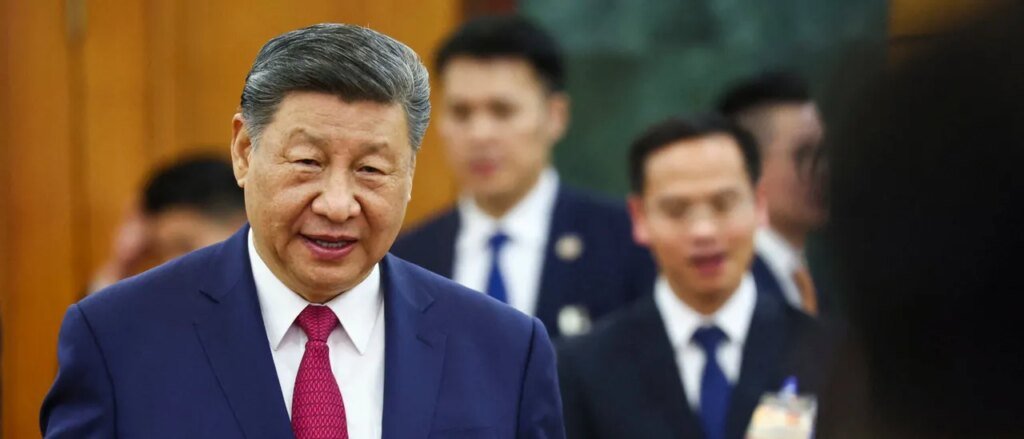China Expands Influence in Latin America Through Infrastructure Projects
China is actively increasing its influence in Latin America by launching substantial infrastructure projects that aim to circumvent the Panama Canal, according to a recent report from Horizon Advisory.
In its efforts, China is reaching out to Brazil and Peru to develop a range of large-scale projects designed to bypass traditional shipping routes. This movement comes as a response to concerns about China’s growing dominance over key maritime paths, especially under the previous U.S. administration. The report indicates a significant investment in Peruvian ports and the construction of extensive railways through Brazil to facilitate access to the Atlantic Ocean.
“We’re catching up to the threat,” Nate Picalchick, co-founder of the Democracy Foundation and Horizon Advisory, expressed. He highlighted that the U.S. is now responding to challenges that have been present for the past two decades as China accelerates its investments in Peru, which provides alternatives to the Panama Canal.
The Chancay Port, which began operations in November 2024, represents a major investment by China in Peru as part of its Belt and Road Initiative. Critics describe this as a way for Beijing to extend its influence through debt and other means. A local leader at COSCO shipping port indicated that the demand for transport has exceeded expectations.
A report points out that while access to the Chinese market may seem beneficial, it is crucial to note that this often leads to increased economic dependence on China. “China’s real aim is to make Peru and the broader region reliant on its economic power,” the report stated.
A proposed rail link stretching 3,000 miles across Brazil is intended to connect these ports to the Atlantic, potentially shortening transport times compared to current routes through the Panama Canal and thus expanding China’s control over South America.
Picalchick emphasized the need for the U.S. to address China’s rapid expansion in Latin America, commending the previous administration’s renewed focus on regional security. “I think it’s a very welcome development to focus on hemisphere security,” he said, noting that the details of this strategic shift will be critical for future peace and prosperity.
The report concludes with a call for the U.S. not only to compete economically with China but also to address the military aspects that enable such projects.
The Chinese Embassy and the U.S. State Department did not respond to requests for comment regarding these developments.







